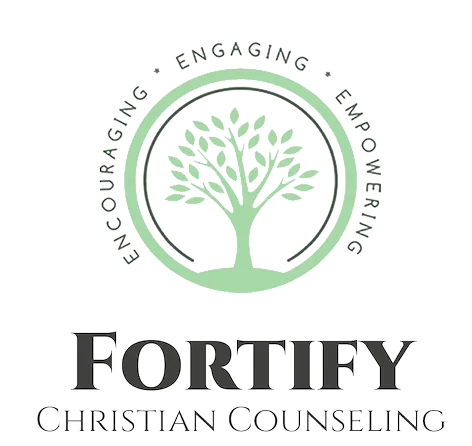Attention Deficit Hyperactivity Disorder (ADHD) is a neurodevelopmental condition commonly diagnosed in children, although it can continue into adulthood. Characterized by symptoms such as inattentiveness, hyperactivity, and impulsivity, ADHD can pose significant challenges for individuals and their families. As with any condition, understanding ADHD from various perspectives—including a biblical one—can offer comfort and insight for those affected.
There are three primary characteristics of ADHD: Inattentiveness, hyperactivity, and impulsivity, though all three aren’t always prominent in one individual.
Individuals with ADHD may:
- Have trouble staying focused or get easily distracted
- Appear not to be listening when spoken to
- Constantly fidgeting and squirming in their seat
- Talk excessively
- Act without thinking
- Interrupt often, or say the wrong thing at the wrong time
- Have a quick temper or “short fuse“
Understanding ADHD Through a Biblical Lens
As the diagnosis of ADHD is on the rise, individuals may experience challenges in school, work, and interpersonal relationships. Symptoms can manifest in different ways, which means that some may be more hyperactive or inattentive, making it difficult to focus, stay organized, or stick to a daily routine. While there are various ways to treat these symptoms, it is important to consider biological and environmental factors that may contribute to the onset, such as the home environment or one’s genetic makeup. As an additional means of assistance, seeking direction from one’s faith as one navigates its challenges can be a valuable tool for parents, children, and individuals alike.
The Biblical Perspective
Acceptance and Understanding
The Bible emphasizes the uniqueness of each individual, emphasizing that we are created in the image of God. Genesis 1:27 states, “So God created mankind in his own image, in the image of God he created them; male and female he created them.” This serves as a powerful reminder that neurodiversity does not diminish a person’s worth or purpose, according to the Bible. It further strengthens the idea that every aspect of oneself was made with a purpose and that even challenges such as ADHD have meaning and can be made to strengthen an individual.
Managing ADHD within a biblical counseling framework can provide a scripturally sound and supportive avenue for growth and healing. This approach can encompass several strategies:
1. Identifying Strengths and Gifts
Biblical counseling encourages individuals to recognize their inherent strengths and gifts as God-given and with a purpose. Often, individuals may view their ADHD through a negative lens and see it as a barrier between them and their difficulties. Counselors can help clients identify the creative and energetic aspects often associated with ADHD. An individual could use their creative thinking to help them make art, create something beautiful, or engineer a design that they are proud of. An individual may use their hyperactivity to excel in athletic performance. There are many ways that individuals can use their hyperactivity or love of talking as a strength in their everyday life.
2. Scriptural Foundation
Jeremiah 29:11 says, “For I know the plans I have for you,” For clients and counselors, this is an encouragement that Scripture reminds us that God has a plan for each person, no matter the circumstance or issue. God’s word is the foundation for Christian’s values and purpose and can help those with ADHD find strength in their unique design and struggles.
3. Practical Strategies with a Biblical Focus
Biblical counselors can help individuals gain the tools to manage their ADHD symptoms while also staying rooted in their beliefs. These may include:
– Time Management Technique: Proverbs 12:24 says, “Diligent hands will rule, but laziness ends in forced labor.” Scripture reminds us of the importance of diligence and hard work. Implementing a consistent schedule through daily routines, time blocking, and planning ahead can help a disorganized individual manage their time more efficiently.
– Mindfulness and Prayer: Using prayer and relaxation techniques such as mindfulness can help ground an individual in their beliefs and truths found in God’s word. Using calming exercises like prayer can help to calm a hyperactive brain and reframe one’s thoughts when distracted.
– Creating Routines: Establishing routines that are consistent and are done every day reflects the biblical principle of order (1 Corinthians 14:40).
4. Encouraging Community and Support
Biblical counseling emphasizes the importance of community, church, and being surrounded by others who will be there for you. Support groups within churches can help families navigate ADHD together, fostering relationships built on Biblical truth and understanding. These groups can also provide resources, share experiences, and pray for one another.
ADHD poses distinct challenges for both individuals and their families, but biblical counseling provides truth found in Scripture and principles that can help encourage those who may be struggling. By combining biblical principles with practical protocols, counselors can support those who have ADHD by reframing their struggles into strengths. If you’re interested in learning more about ADHD counseling, contact us today for a free consultation. We will be happy to share how we can help you or your child achieve success and grow.

